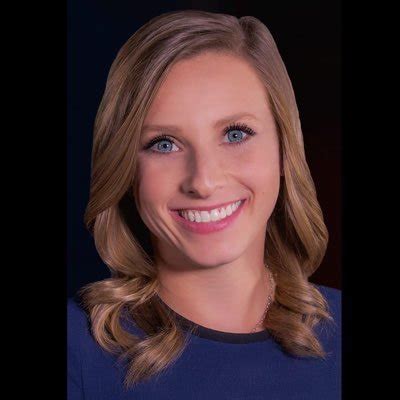A Quote by Brene Brown
Ironically, parenting is a shame and judgment minefield precisely because most of us are wading through uncertainty and self-doubt when it comes to raising our children.
Related Quotes
We are children, perhaps, at the very moment when we know that it is as children that God loves us - not because we have deserved his love and not in spite of our undeserving; not because we try and not because we recognize the futility of our trying; but simply because he has chosen to love us. We are children because he is our father; and all of our efforts, fruitful and fruitless, to do good, to speak truth, to understand, are the efforts of children who, for all their precocity, are children still in that before we loved him, he loved us, as children, through Jesus Christ our lord.
The simplest spiritual discipline is some degree of solitude and silence. But it's the hardest, because none of us want to be with someone we don't love. Besides that, we invariably feel bored with ourselves, and all of our loneliness comes to the surface.We won't have the courage to go into that terrifying place without Love to protect us and lead us, without the light and love of God overriding our own self-doubt. Such silence is the most spacious and empowering technique in the world, yet it's not a technique at all. It's precisely the refusal of all technique.
Feelings and stories of unworthiness and shame are perhaps the most binding element in the trance of fear. When we believe something is wrong with us, we are convinced we are in danger. Our shame fuels ongoing fear, and our fear fuels more shame. The very fact that we feel fear seems to prove that we are broken or incapable. When we are trapped in trance, being fearful and bad seem to define who we are. The anxiety in our body, the stories, the ways we make excuses, withdraw or lash out—these become to us the self that is most real.
And nothing inspires as much shame as being a parent. Children confront us with our paradoxes and hypocrisies, and we are exposed. You need to find an answer for every why — Why do we do this? Why don’t we do that? — and often there isn’t a good one. So you say, simply, because. Or you tell a story that you know isn’t true. And whether or not your face reddens, you blush. The shame of parenthood — which is a good shame — is that we want our children to be more whole than we are, to have satisfactory answers.
Insecurity refers to a profoud sense of self-doubt-a deep feeling of uncertainty about our basic worth and our place in the world. Insecurity is associated with chronic self-consciousness, along with a chronic lack of confidence in ourselves and anxiety about our relationships. The insecure man or woman lives in constant fear of rejection and a deep uncertainty about whether his or her own feelings and desires are legitimate.
It is one of the paradoxes of parenting, and often a painful paradox, that even as our children need us for love and trust, they also need us for honest differing. It's not only over limits and rules...[but also] about what we represent in the way of culture, traditions, and values. We owe it to our children to let them know what we believe, and if they differ with us, we owe it to them to be honest adversaries, for it is through this honest confrontation that children can grow into adults who have a firm sense of their place in the sequence of the generations.
We can glut ourselves with how-to-raise children information . . . strive to become more mature and aware but none of this will spare us from the . . . inevitability that some of the time we are going to fail our children. Because there is a big gap between knowing and doing. Because mature, aware people are imperfect too. Or because some current event in our life may so absorb or depress us that when our children need us we cannot come through.
If I learned one thing, it is that self-doubt is one of the most destructive forces. It makes you defensive instead of open, reactive instead of active. Self-doubt is consuming and cruel. And my hope today is that we can all collectively agree to ban it. .?.?. Think to the moments of your life when you forgot to doubt yourself. When you were so inspired that you were just living and creating and working. Pay attention to those moments because they're trying to reach you through those lenses of doubt and trying to show you your potential.
Shame usually follows a pattern—a cycle of self-recrimination and lies that claims life after life. First, we experience an intensely painful event. Second, we believe the lie that our pain and failure is who we are—not just something we’ve done, or had done to us—and we experience shame. And finally, our feelings of shame trap us into thinking that we can never recover—that, in fact, we don’t even deserve to.
Decision-making is difficult because, by its nature, it involves uncertainty. If there was no uncertainty, decisions would be easy! The uncertainty exists because we don't know the future, we don't know if the decision we make will lead to the best possible outcome. Cognitive science has taught us that relying on our gut or intuition often leads to bad decisions, particularly in cases where statistical information is available. Our guts and our brains didn't evolve to deal with probabilistic thinking.



































